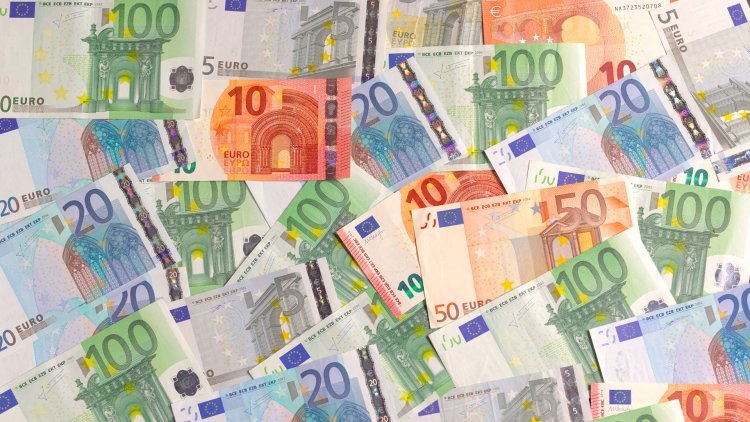Euro deviates from parity, while yen holds firm before BOJ
Following an overnight decline of more than 1%, the euro was last trading 0.05% down at $0.9960 after the ECB boosted rates by 75 basis points as anticipated but adopted a more pessimistic view for interest rates.

The yen was on course for its best week in more than two months ahead of a crucial central bank policy announcement, while the euro hovered below parity on Friday as investors watched for a likely delay in future rate hikes by the European Central Bank.
Following an overnight decline of more than 1%, the euro was last trading 0.05% down at $0.9960 after the ECB boosted rates by 75 basis points as anticipated but adopted a more pessimistic view for interest rates.
The central bank removed from its September statement a reference to raising rates "over the next several meetings," which markets interpreted to suggest that a string of significant rate hikes was about to come to a stop.
"ECB policy decisions weren't as hawkish as most people had anticipated. Actually, Christine Lagarde's remarks that the ECB has made significant progress in removing policy support were what surprised people the most "the Commonwealth Bank of Australia's Carol Kong, a currency strategist.
After rising by about 0.8% overnight, the U.S. dollar index, which compares the dollar to a basket of currencies with the euro given the greatest weight, was up 0.06% at 110.62.
"I believe the dovish ECB meeting and the decline in euro/dollar are the main drivers of the U.S. dollar's advances," Kong added.
On expectations of a likely Fed turn, the dollar had earlier in the week declined.
The yen was last trading at 146.41 yen to the dollar and was expected to rise around 1% this week, its biggest advance since August.
Suspected intervention by Japanese authorities to strengthen the yen last Friday and on Monday has given the weak currency support.
The Bank of Japan publishes its monetary policy decision on Friday, and it appears likely to keep interest rates at historically low levels, which will put additional pressure on the yen due to widening interest rate spreads with the rest of the world.
Currently, Kong of CBA remarked, "I don't really see any basis for a change in the Bank of Japan's monetary policy."
"Beware of another possible FX intervention in the dollar/yen."
Japan intervened in the foreign exchange market this month to purchase yen for the first time since 1998, shortly after the BOJ decided to maintain its ultra-loose monetary policy.
Data released on Friday revealed that core consumer prices in the nation's capital, which serve as a leading indicator of overall trends, increased 3.4% from a year earlier in October. This was the quickest annual rate since 1989.
Sterling dropped 0.12% to $1.155 in other trading, but it was still on pace for a 2% weekly gain due to hopes that the new British prime minister, Rishi Sunak, would give a solution to the problems left behind by his predecessor, Liz Truss.
Kiwi fell 0.11% to $0.5823 while the Aussie fell 0.09% to $0.64485, but both currencies appeared poised to continue their recent winning streaks.




 admin
admin 




















